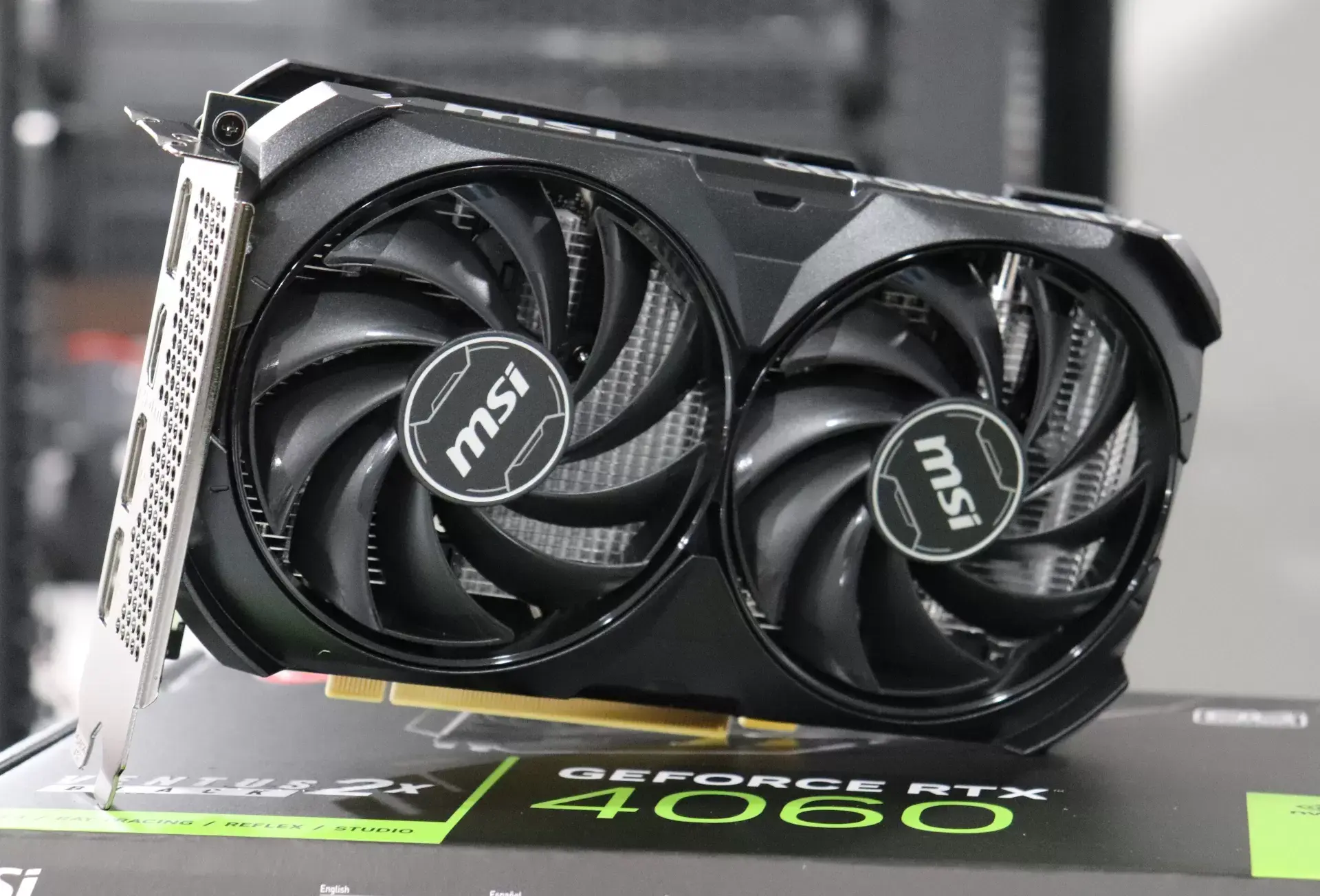In the end the new GeForce RTX 4060 graphics card ended out just slightly above the Radeon RX 7600 in terms of overall performance. The Radeon RX 6000/7000 series on their open-source Linux GPU driver stack continue to perform very competitively with the NVIDIA GeForce RTX 30/40 series and their respective proprietary driver stack. Thanks to the work by AMD, Valve, Red Hat, and other parties on the open-source Radeon Linux driver stack the Linux gaming scene continues to become quite vibrant while NVIDIA also continues providing their first-rate binary Linux driver support on Linux that remains in excellent shape largely due to the shared driver code-base with Windows.
I find it odd that in some of the tests the 7900 XT is being beaten by the 6800 and/or 6800 XT. That doesn’t seem right.
Almost looks like they were swapped.
Sometimes there can be bugs and regressions, but yeah it could be an issue with the benchmarks themselves.
AMD GPUs are great for gaming on linux nowdays. Having the best drivers packaged with mesa is a blessing ! A lot of work is still needed on the computing side of things, though. I am greatful ROCm is also open-source and working to some extend, but it’s not on par with CUDA, unfortunately.
I’m just waiting for the new AMD mid range cards. I have had some weird problems with Nvidia because of drivers over the years, so I’m finally switching camp for the next card to see how it is.
I switched from AMD to NVIDIA. I play games and do AI research. I regret my decision. I recommend AMD without hesitation in the current conjuncture.
But nothing beats the RX 6800 in efficiency.
Seriously they should have selected more GPU demanding games.
He generally sticks to benchmarks that can be easily automated, but it is something that could be improved for sure.
Back in 2016, a new version of X11 (shipping with the latest Linux distros) killed my AMD graphics because driver support was dropped and open source drivers were not available for my particular model.
That’s unfortunate. Which model was it out of curiosity? I know they’ve had open source GPU support for a long time, so it’s surprising that one fell through the cracks.
AMD Radeon HD 8790M in a Dell Latitude, which seems like a predecessor to AMDs “professional” FireGL/FirePro series.
8790M
Should be GCN 1.0 so should be supported now, especially if you force the
amdgpukernel driver. Although I’m sure you’ve long since abandoned it.If it was a dual/hybrid GPU type setup which was common at the time, that also complicates things but it should be okay now.
Thanks, I may give that old apart-falling piece a shot.
I was working on integrated Intel graphics most of the time.
Yeah, I also remember, my particular model did worked with open source drivers, but it had a shitty performance. That’s why 2011 was the last time I bought an AMD GPU, however since today their driver is open I’m seriously considering buying an AMD next, exactly because what happened with AMD back then can happen to NVIDIA now (but not to AMD since their drivers are open and can be community-maintained if they dropped support in the future)
I had enough of Nvidia when they dropped support for the GTX 460 in windows and Linux and I had to swap out the card to do anything meaningful on the computer. Nvidia, keep your taint away from my kernel!
I bought my 980ti about eight years ago, and it’s still supported by NVIDIA under both Linux as well as Windows. That’s acceptable support IMO.
Noo hardware must be supported forever! nVidia evil! Hate hate foam spittle!
nVidia used to be such a great company. Now, they’re just terrible.
When? I think most people have the view of “NVIDIA were great guys while they fucked everyone else, but now they’ve fucked me”.
NVIDIA’s proprietary driver has always been the best performant in Linux, and still seems to be, however it’s proprietary and that means you’re dependant on them for support, so for example Wayland is not supported and you’re fucked with nothing to do.
Wdym, I run plasma-wayland on 1660 without issue.
Open source drivers or proprietary ones?
Prop of course. As per google nvidia has official wayland support since 2021
I know what Google says, but I tried it a few months ago and nothing worked properly, I just assumed the version was still beta. But it could be because I’m using a laptop and Optimus cards have always been sort of a hit or miss with features on NVIDIA.
FWIW I’ve recently mograted to wayland on a 3060ti without any real issues. I’m running hyprland. There were some minor quirks to resolve during the initial migration, all were well documented in the install guide and trivial to resolve.
I had no problems on Nobara, also running wayland and have no problems on arch.
For nvidia i have nvidia, nvidia-utils and nvidia-settings packages, DRM KMS and nvidia “experimental” settings for suspend, hibernate and preserve memory enabled.
For KDE i have plasma-meta and plasma-wayland-session.
HW is Two mixed refreshrate monitors (144 and 60Hz) on 1080p, GTX1660 and ryzen 5 3600.







